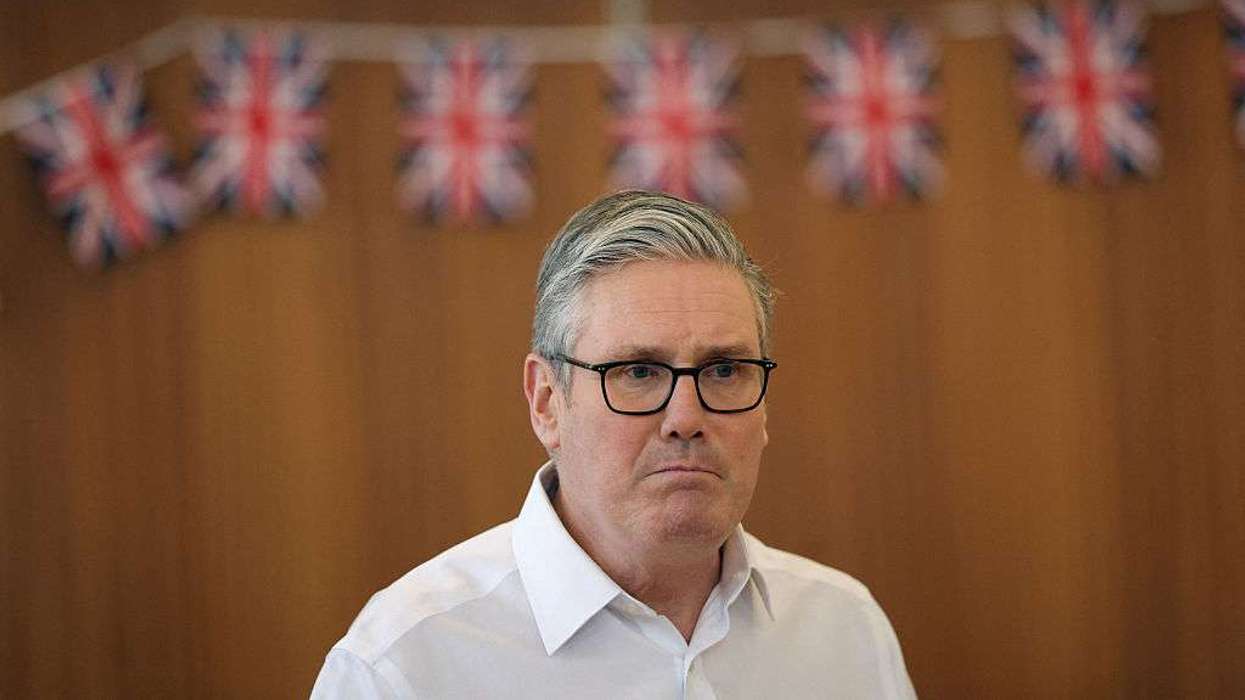FORMER Pakistan fast bowler Rana Naved-ul-Hasan has claimed that he was racially abuse by Yorkshire supporters when he played for the English county.
Rana alleges he was subjected to racist slurs and hooting from the home crowd when he played for Yorkshire in 2008 and 2009.
The 41-year-old's comments came after Pakistan-born English spinner Azeem Rafiq revealed earlier this month that he was left on the brink of suicide during his time at Yorkshire because the club was "institutionally racist".
"I fully support what Azeem said and this has been the case with me as well," Rana told ESPNcricinfo.
"I never spoke about it because, as foreigners, we were temporary and somehow I managed to accept the way it is.
"There was systematic taunting. To us as overseas players from Asia, when you are not able to perform, the home crowd which should be supporting us, instead started hooting and would taunt us with racist slurs like 'p***'.
"If you are performing then you get all the space but, in case I am not taking wickets, the attitude suddenly started to change.
"They started to give us a tough time, giving me a smaller hotel room and there used to be a clear case of discrimination."
Speaking earlier this month, Rafiq, who had two stints at Headingley between 2008 and 2018, said, as a Muslim, he was made to feel like an "outsider" at the county.
"I know how close I was to committing suicide during my time at Yorkshire," he said.
"I believe the club is institutionally racist and I don't believe they are prepared to acknowledge the fact or willing to change. My only motivation now is to prevent anyone else feeling the same pain."
Yorkshire have engaged an independent law firm to investigate Rafiq's allegations.
In response to Rana's claims, Yorkshire told ESPNcricinfo the allegations were "very concerning" and pledged to investigate the issue.




